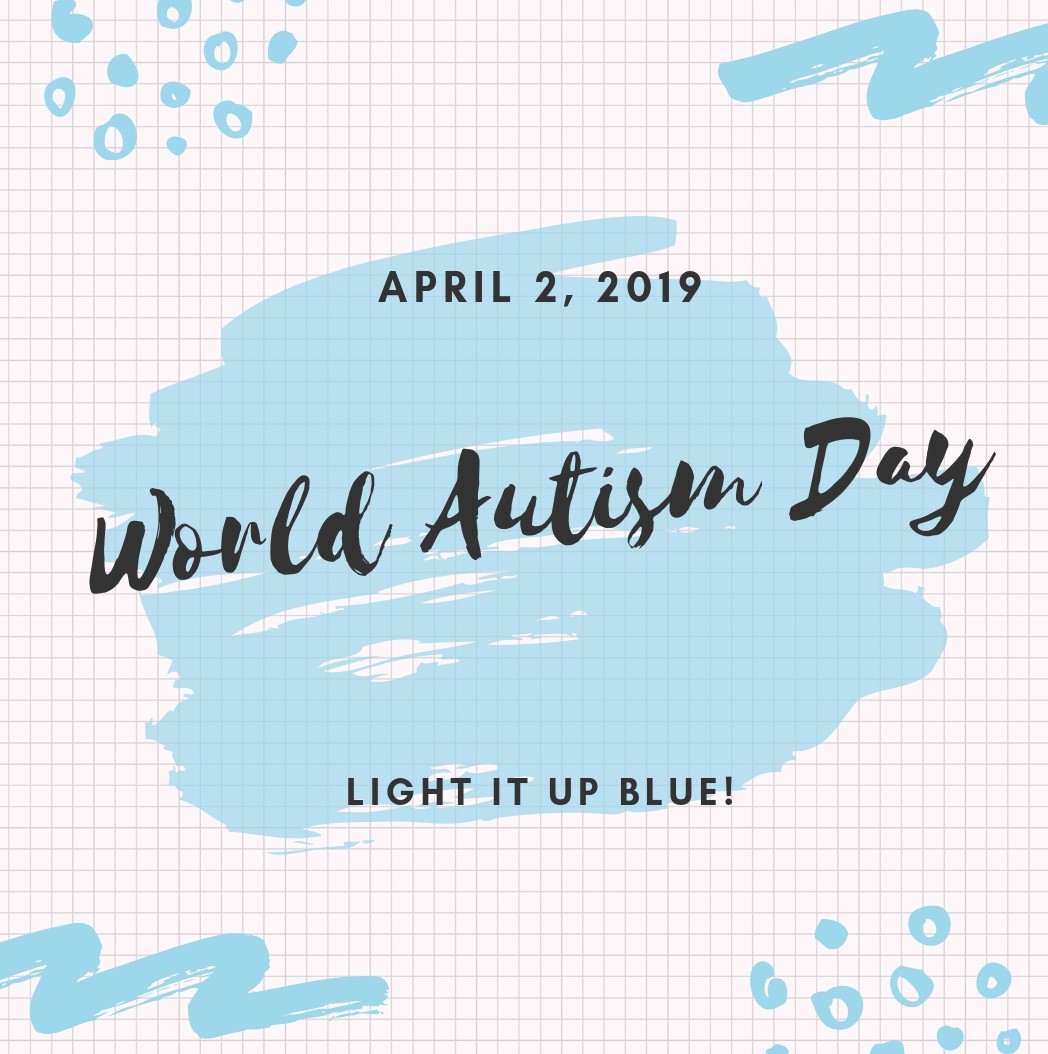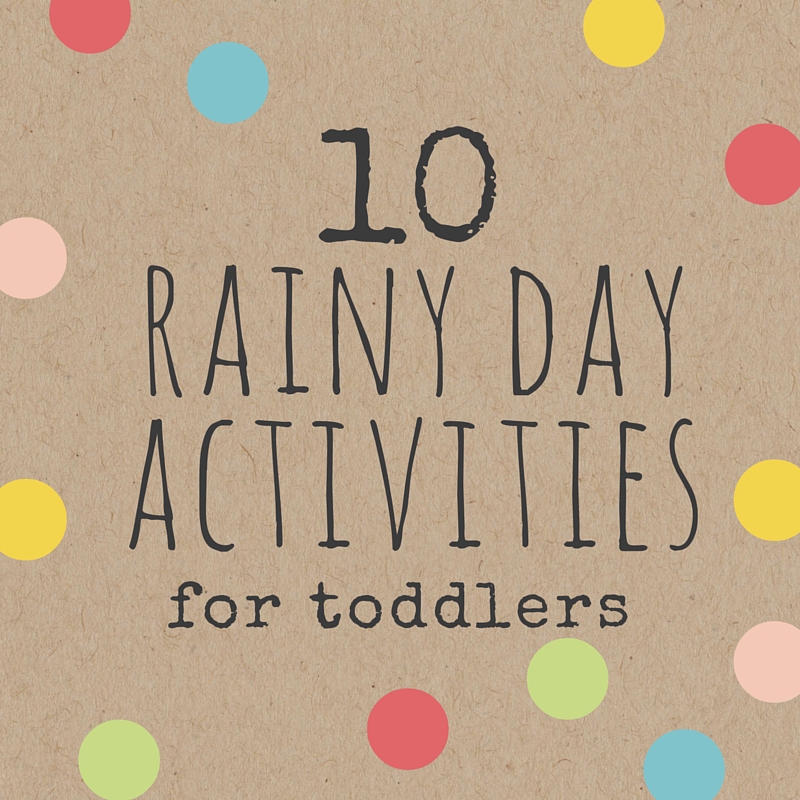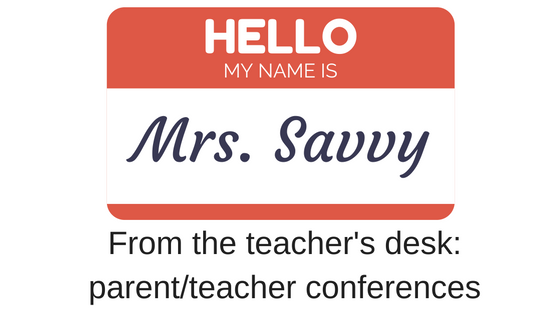We recognize Annual World Autism Awareness Day on April 2 each year. This annually recognised day encourages Member States of the United Nations to take measures to raise awareness about people with autism throughout the world. Joined by the international community, hundreds of thousands of landmarks, buildings, homes and communities around the world, light blue in recognition of people living with autism. Autism-friendly events and educational activities take place all month. The events increase understanding and acceptance and foster worldwide support.

What is Autism Spectrum Disorder (ASD)?
In North America, medical professionals use a resource called the Diagnostic and Statistical Manual of Mental Disorders, fifth edition (DSM-5) to evaluate a wide variety of Psychiatric Disorders. According to the DSM-5, Autism Spectrum Disorder (ASD) is a developmental disability that can cause a variety of social, communication and behavioral challenges.
Signs and Symptoms
There are many signs and symptoms of ASD. In order to receive a diagnosis of ASD, the individual must demonstrate characteristics in the Social-Communication domain, as well as deficits in the Restrictive, Repetitive Behaviour domain. Some of these features may include:
- social-emotional reciprocity (e.g., initiating or responding to a conversation, sharing of interest or emotions)
- difficulty picking up on or using nonverbal cues (e.g., body language, facial expressions eye contact, gestures)
- struggling with developing understanding and maintaining relationships
- stereotyped motor movements, use of objects or speech (e.g., pacing, hand flapping, waving a coat hanger in front of their face, repeating the same sound or word, etc.)
- strong preferences for sameness, performance of rituals, inflexibility around changes in routines
- increased focus on specific interests (e.g., Disney characters, outer space, maps)
- seeking or avoiding certain sensory input (e.g., covers ears when around hand dryers, smells people’s hair)
Facts about ASD
There are many myths surrounding ASD. One in particular is that people with Autism do not want friends. In fact, many people with Autism say they do want friends. They mention they are not always sure how to make them. Other facts about ASD are:
- prevalence rates are 1 in 59 children across the Unites States (CDC 2014)
- ASD occurs across all ethnic, racial and social-economic groups
- more boys than girls are affected (approximately 4 times more)
- the main cause of autism is not known. Research suggests that autism develops from a combination of genetic and nongenetic effects.
- there is certainly a genetic component that increases the number of incidences within families
- Autism is a brain-based neurological disorder (i.e., the development and circuitry of the brain is impacted)
- there is no medical detection for autism
- it is a life-long disorder though the signs and symptoms may be improved with early intervention and experiences

What do I do if I suspect my child has ASD?
If you think your child has Autism, contact your family doctor or pediatrician. Research shows that the best outcome for your child is early intervention. Many organizations have long wait lists. If you suspect your child has ASD, it may be a good idea to call them right away.
Activities to support World Autism Day
- Read a book or watch a movie about Autism (The Autism Acceptance Book: Being A Friend to Someone with Autism by Ellen Sabin)
- Make your own puzzle pattern. The puzzle ribbon has been the symbol of autism awareness since 1999.
- Wear blue clothes
- Put up blue lights
- Attend and Autism awareness event in your area
- Learn more about Autism
People with ASD have many wonderful strengths and talents that should be celebrated. Dr. Temple Grandin (who has Autism) discusses in her book “The Autistic Brain,” how individuals with ASD should be viewed as persons with specialized talents which need to be accessed and fostered. True acceptance only comes with knowledge and awareness.
References
- https://www.autismspeaks.org/what-autism/world-autism-awareness-day
- https://www.cdc.gov/ncbddd/autism/data.html
- https://www.cdc.gov/ncbddd/autism/facts.html
- https://www.autism.net/








Comments
The autism truth.
I substituted, telephone for cellphone.